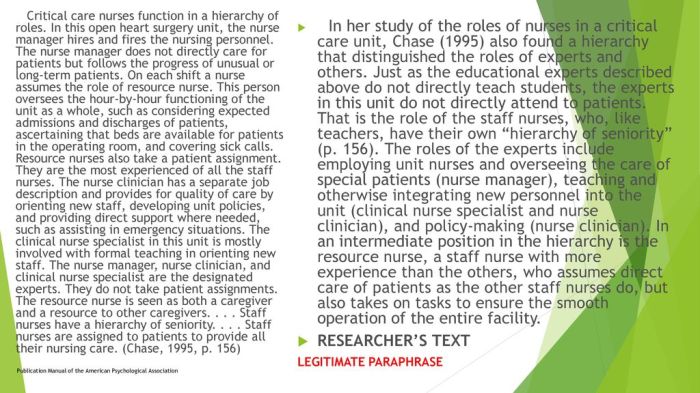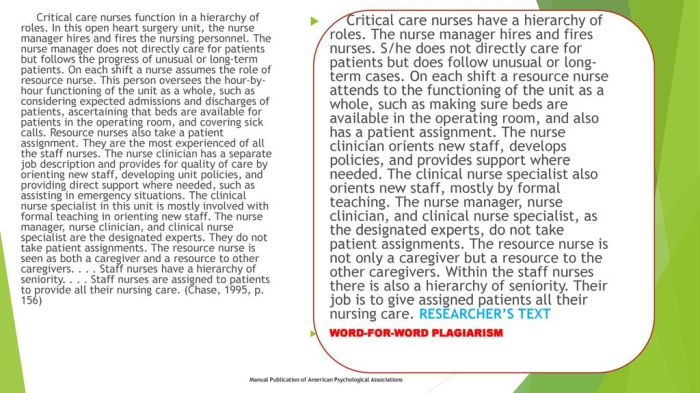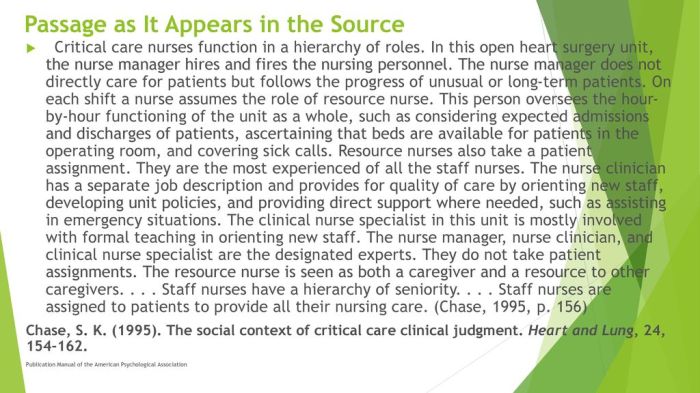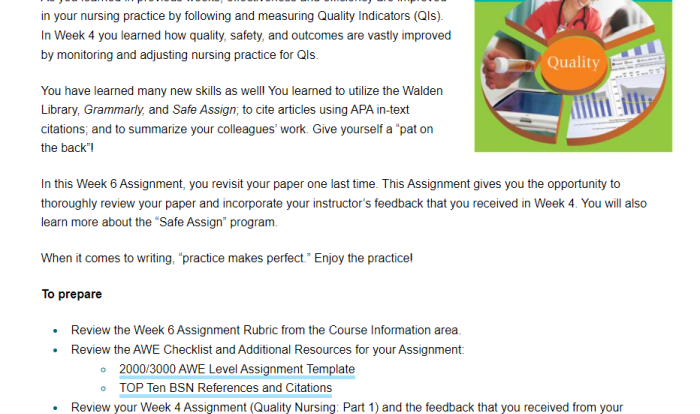The experienced nurse is orienting a new graduate, embarking on a journey that shapes the future of healthcare. This narrative delves into the intricacies of this mentorship, exploring the responsibilities, challenges, and best practices involved in guiding novice nurses toward professional excellence.
Experienced nurses serve as beacons of knowledge and support, fostering a positive and nurturing environment for new graduates to thrive. Their expertise and dedication lay the foundation for a successful transition into the demanding healthcare landscape.
The Experienced Nurse’s Role in Orienting New Graduates: The Experienced Nurse Is Orienting A New Graduate

Nurse orientation programs are essential for new graduates transitioning into the healthcare setting. Experienced nurses play a vital role in guiding and supporting these new professionals, ensuring their successful integration into the healthcare team.
Key Responsibilities of the Experienced Nurse
Experienced nurses are responsible for:
- Assessing the new graduate’s knowledge, skills, and competencies
- Developing an individualized orientation plan based on the graduate’s needs
- Providing mentorship and guidance throughout the orientation process
- Evaluating the new graduate’s progress and providing feedback
- Facilitating the new graduate’s transition into the healthcare setting
Orientation Process
The nurse orientation program typically involves the following steps:
- Introduction to the healthcare setting:The new graduate is introduced to the hospital, unit, and team members.
- Theoretical training:The new graduate receives training on hospital policies, procedures, and equipment.
- Practical training:The new graduate works alongside experienced nurses to gain hands-on experience.
- Evaluation:The experienced nurse evaluates the new graduate’s progress and provides feedback.
Challenges and Support, The experienced nurse is orienting a new graduate
New graduates may face challenges during orientation, such as:
- Unfamiliarity with the healthcare setting
- Managing a heavy workload
- Feeling overwhelmed by the responsibility
Experienced nurses provide support to help new graduates overcome these challenges, including:
- Mentorship programs
- Peer support groups
- Access to resources and support systems
Best Practices
Best practices for experienced nurses to effectively orient new graduates include:
- Creating a positive and supportive learning environment
- Fostering collaboration and communication between experienced and new nurses
- Providing clear and concise instructions
- Providing regular feedback and support
- Evaluating the effectiveness of the orientation program
Evaluation and Outcomes
The effectiveness of nurse orientation programs is evaluated through:
- New graduate surveys
- Performance evaluations
- Patient satisfaction surveys
Desired outcomes for new graduates completing orientation include:
- Increased knowledge and skills
- Improved confidence and competence
- Successful transition into the healthcare setting
Essential Questionnaire
What are the primary responsibilities of experienced nurses during orientation?
Experienced nurses are responsible for assessing new graduates’ knowledge, skills, and competencies, providing comprehensive training, and facilitating their smooth transition into the healthcare setting.
What challenges do new graduates typically face during orientation?
New graduates may encounter challenges related to adapting to the fast-paced healthcare environment, managing patient care responsibilities, and navigating the complexities of medical terminology and procedures.
How do experienced nurses support new graduates in overcoming challenges?
Experienced nurses provide mentorship, guidance, and emotional support, creating a positive and supportive learning environment. They may also facilitate peer support groups or mentorship programs to foster collaboration and knowledge sharing.



